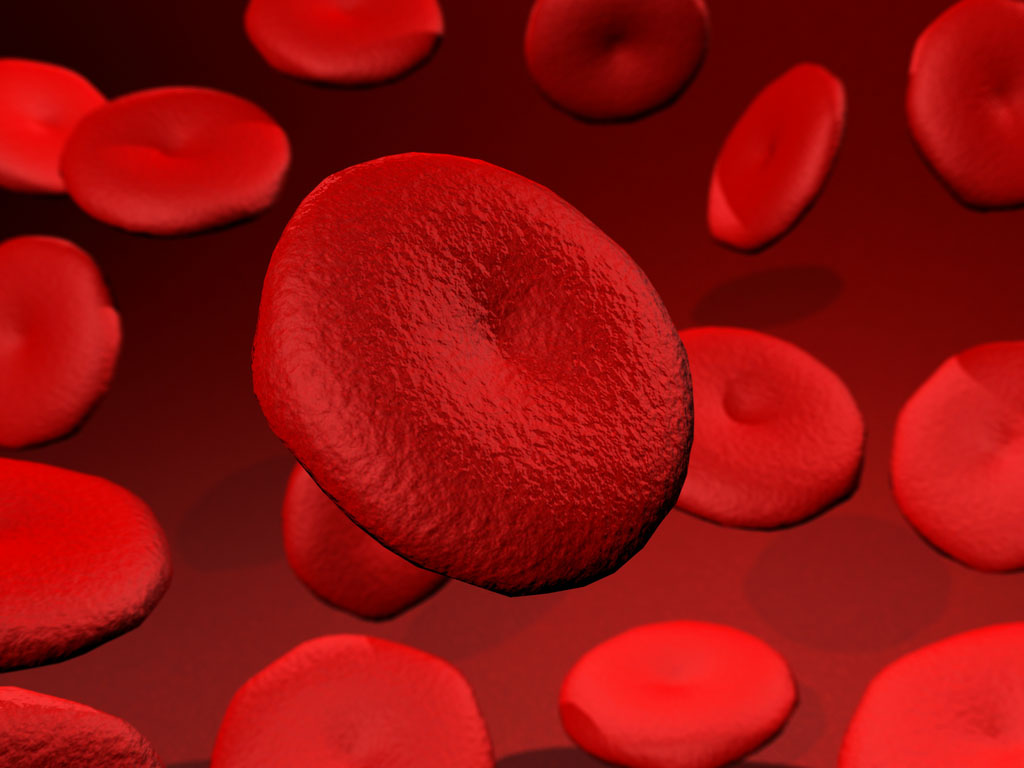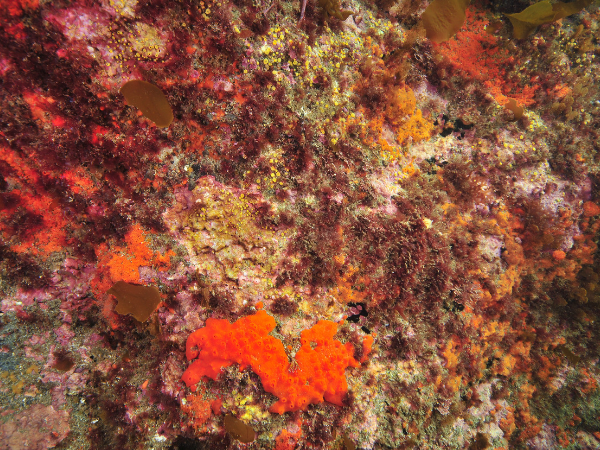
Your Blood Type and Your Skin
16 September 2018
The Power of Astaxanthin
15 May 2019Alcohol can be a trigger for all skin problems, but especially psoriasis, rosacea and atopic dermatitis (eczema). Many people struggle to stop drinking despite knowing it’s not good for their skin. This article explores the alcohol link and provides tips on breaking both the habit and the inflammatory cycle.
The truth about alcohol
Alcohol is metabolised by the liver and filtered by the kidneys. It crosses the blood-brain barrier, affecting the central nervous system, has a negative impact on the immune system and contributes to hormonal imbalances. If you have a chronic skin disease, drinking alcohol fuels inflammation.
We’ve all heard the myth that drinking one glass of wine a day is beneficial to your health because of the antioxidants in it (resveratrol). A correlation between moderate wine drinkers and better cardiovascular health outcomes was identified. Since then, new evidence has shown that despite some improvements in lipid metabolism and antioxidant status, the increase in uric acid and triglycerides caused by alcohol can still cause liver damage.
When you think about it, you’re taking your resveratrol with a big dose of free-radical producing oxidants in the form of ethanol, which kind of defeats the purpose of taking an antioxidant. Pass the grape juice!
Alcohol is addictive
Make no mistake, alcohol is a toxin, ‘attractively packaged poison’, as Author Craig Beck so eloquently puts it. It is the most socially acceptable drug available and is highly addictive. No doubt, it makes you feel relaxed and happy in an instant but there is a price to pay. If you have a chronic skin disorder like eczema, psoriasis, or rosacea, you know this only too well.
Alcohol addiction is very common in Western society. I’m not talking about raging alcoholics that can’t get through the morning without a drink. I’m talking about run of the mill humans who use alcohol as a crutch to help them to feel less pain, cope with stress, fit in socially etc. Once you get into the habit of using alcohol in this way it can be very hard to stop because not drinking forces you to sit with your discomfort.
A person with clear skin once said to me that if she had psoriasis all over her body like I had she’d do anything to get rid of it. But I had stopped drinking for three months before with no change to my skin. This is because stress is another major trigger for psoriasis and I wasn’t addressing this too. Avoiding alcohol just made me feel more stressed. I was so disheartened at my failure to heal and I had so much stress in my life that I went back to drinking because I could think of no faster, more affordable way to feel less pain.
By the way, people with clear skin have no idea how they would deal with the pain, suffering and shame of having a chronic skin condition and would probably cope no better than you. It took a lot of soul searching and facing of demons before I developed more productive ways of dealing with stress than drinking.
How to stop putting fuel on the fire
If you’re struggling to kick this habit there is help out there, and you don’t need to spend a fortune. I got this great book on audio and listened to it while exercising – Alcohol Lied to Me, by Craig Beck.
There is also an amazing support group called ‘One Year No Beer’ or OYNB (not just for beer drinkers). You can sign up for a 28 day, 90 day, or 365 day challenge and get access to motivational webinars, daily emails and a very supportive online group. This helps enormously because you can tell your peers you’re on an alcohol-free challenge and you are held accountable by your OYNB group. You won’t want to let them down – https://www.oneyearnobeer.com/
Transform your health
Healing your skin can be a positive learning experience that transforms your health. You can use topical and oral products to accelerate healing but the real healing comes from within.
Throughout the course of your treatment you learn what your weaknesses are, what your strengths are, and how to nurture and nourish your body in a way that feels right for you. It is not easy, but anything worth having never came easy. Kicking bad habits and having good skin is well worth the challenge.

